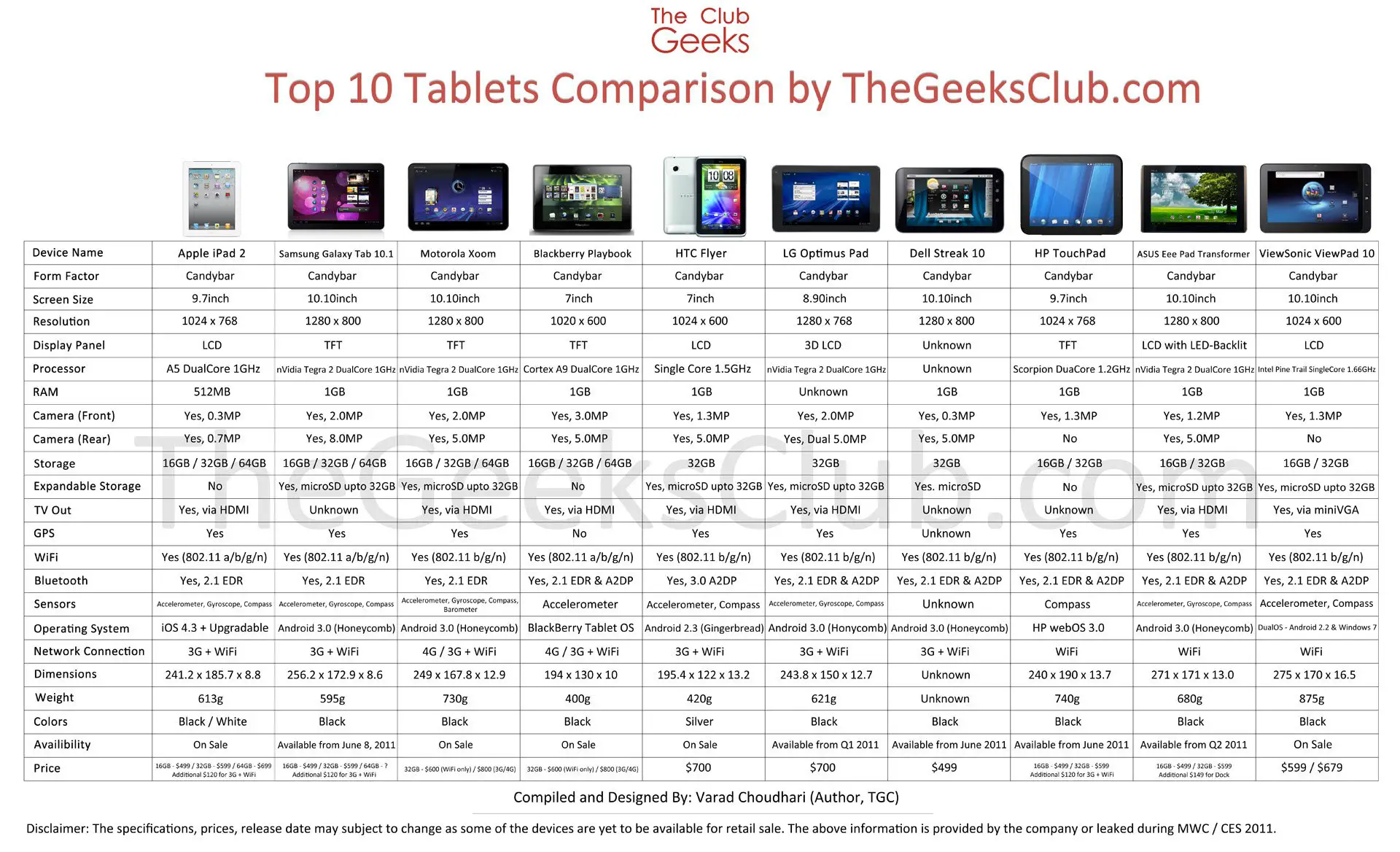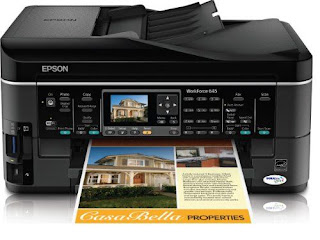Laptops: How to buy the best laptop
Buying the best ultra portable laptop
Ultraportables have been pushed to their limits since May 2011 when Intel launched its 'ultrabook' campaign - a new title requiring models to reach a minimum set of criteria around both specification (from the Intel processor to measuring under 21mm thick) and performance (for example, a less than seven second start up time).
Ultraportable laptops are for those who want a laptop that's portable without compromising on
performance. They are worlds apart from the now slightly dated netbook, which offers only very basic
performance despite being similarly bite-sized.
Something to watch out for - particularly with ultrabooks - is that most are sealed units and you'll
struggle to upgrade elements such as built-in batteries or Ram. Pricing tends to be high - models we have
on test commonly start at around £800 but you can easily pay more than £1,000. The premium pricing,
and lack of ability to upgrade with most models, is even more reason to make sure you get the right
laptop for your needs.
What makes a good ultraportable laptop?
•Solid state storage Most ultrabooks have solid state drive (SSD) storage (the most common size is
128GB), or a hybrid of SSD and more traditional hard disk storage. The latter often takes the form of a
16GB solid state cache to boost loading speeds, while keeping the larger storage capacity you get with a
normal hard drive. In this case you won't actually be able to save to the SSD. SSDs have no moving parts,
so are faster (improving boot speeds), reduce noise and heat and improve battery life, but capacity is
limited and they're more expensive than standard hard drives.
Excellent battery life There's not much point in an ultraportable with poor battery life. We'd expect a
good laptop to last at least six hours when browsing the internet over a wi-fi connection, but some of the
latest models claim to last up to eight or nine hours. This is something we put to the test in our labs to
find the real-life story behind the claim.
•Matte screen You'll be looking at a display between 13 and 14-inches for an ultraportable, but
something you might want to consider if you find reflections annoying, is a matte screen. Our lab tests
have shown there's no discernable difference in quality between a similar matte and shiny screen, so it's
just down to personal preference
•Premium materials Premium design helps ultraportables and ultrabooks stand out from the rest of the
crowd. It's not all about looks though. Materials like magnesium, aluminum and carbon fibre not only give
a quality appearance, they're more robust and lighter.
•Light and thin design Ultrabooks must be less than 21mm for a 14-inch laptop and less than 18mm for
a 13-inch version. However, you can still find ultraportable models that don't hit these specifications that
are still very easy to slip in a bag. In terms of weight, Apple's 11-inch MacBook Air is one of the lightest
you'll find, at a shade over 1kg, but anything around 1.3kg to 1.5kg should be light enough to carry round
for the day.
Premium materials Premium design helps ultraportables and ultrabooks stand out from the rest of the
crowd. It's not all about looks though. Materials like magnesium, aluminum and carbon fibre not only give
a quality appearance, they're more robust and lighter.
Features you don't need
•Excess ports Again, due to size, ports on these laptops tend to be minimal. You'll generally find at least
one of everything you need on the better models, including a HDMI output and USB 3.0 or Thunderbolt (a
fast connection found mainly on Apple MacBooks) ports. Many ultrabooks don't have ethernet ports and
can access the internet over a wi-fi connection only.
•Graphics Ultraportables and ultrabooks won't normally have separate graphics cards from the likes of
Nvidia. Most models will use the processors built-in graphics, for example Intel's HD graphics family. This
is not a problem as the small display isn't likely to mean you'll be carrying out too many multimedia
tasks.
•Optical drive A feature you probably don't need, but if you do you're unlikely to get one it. Most
ultrabooks don't have room for a CD drive due to the squeeze on space.




Comments
Post a Comment
Got questions about wholesale sourcing or Dropshipping? Drop them below—we reply fast.